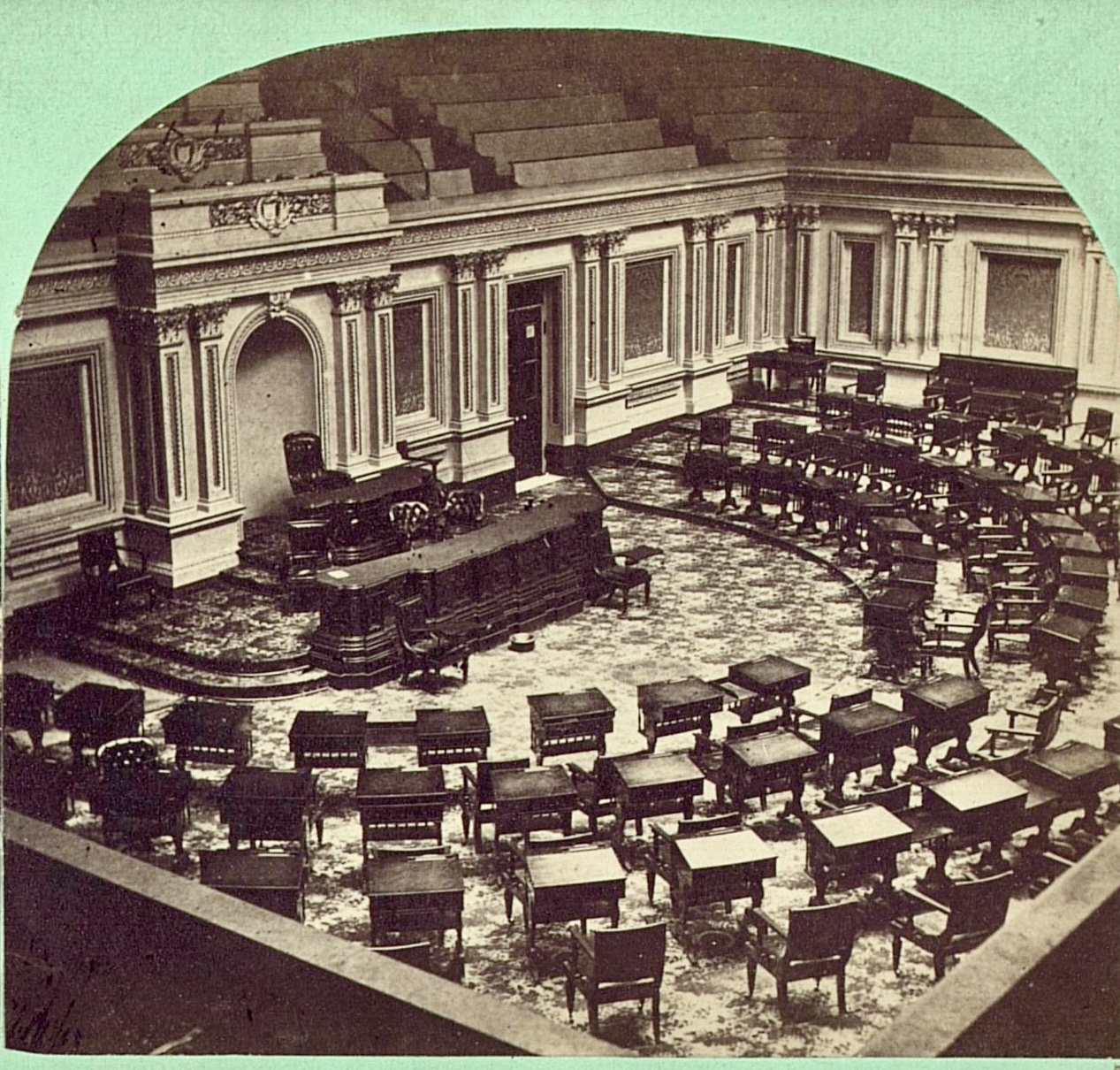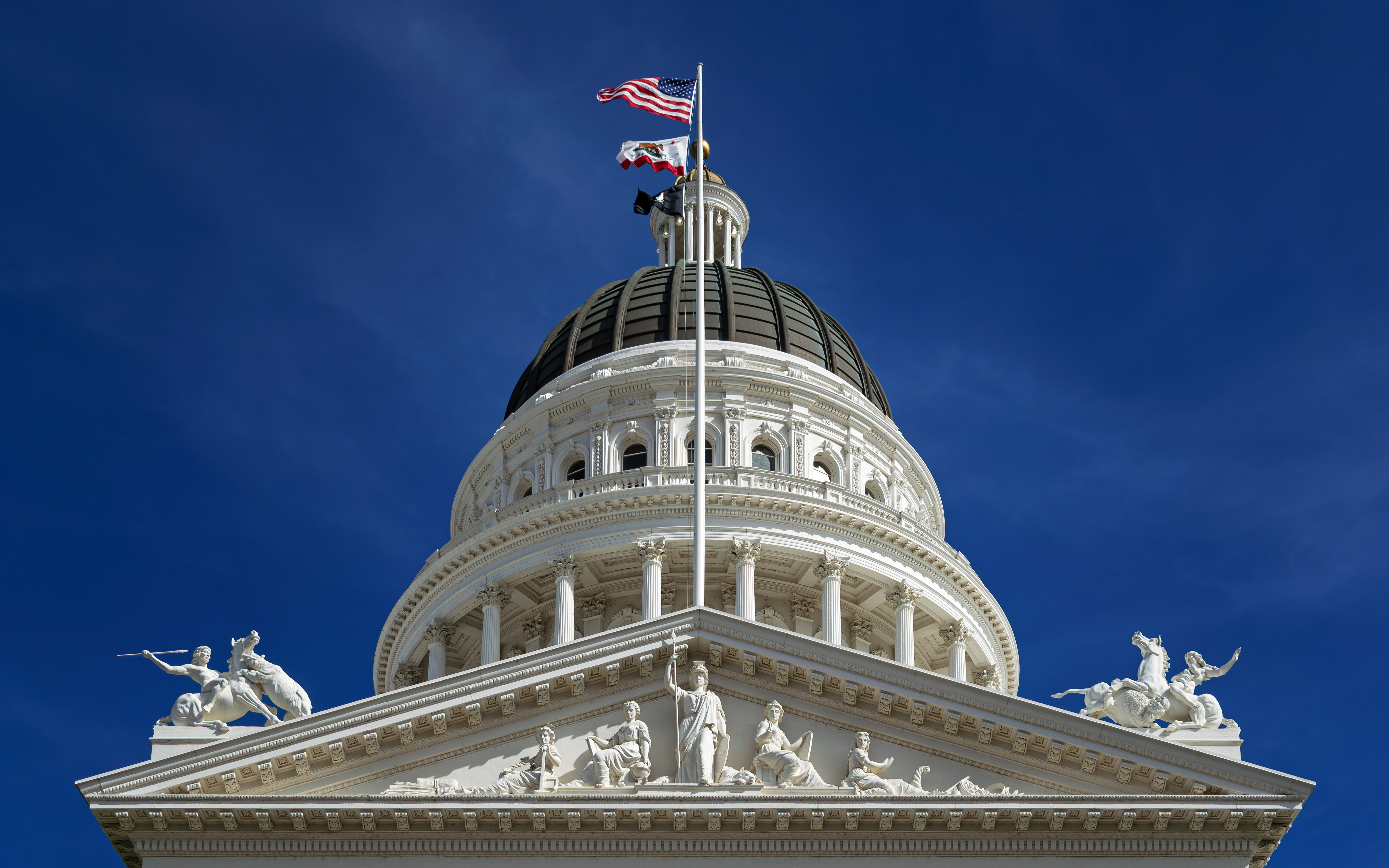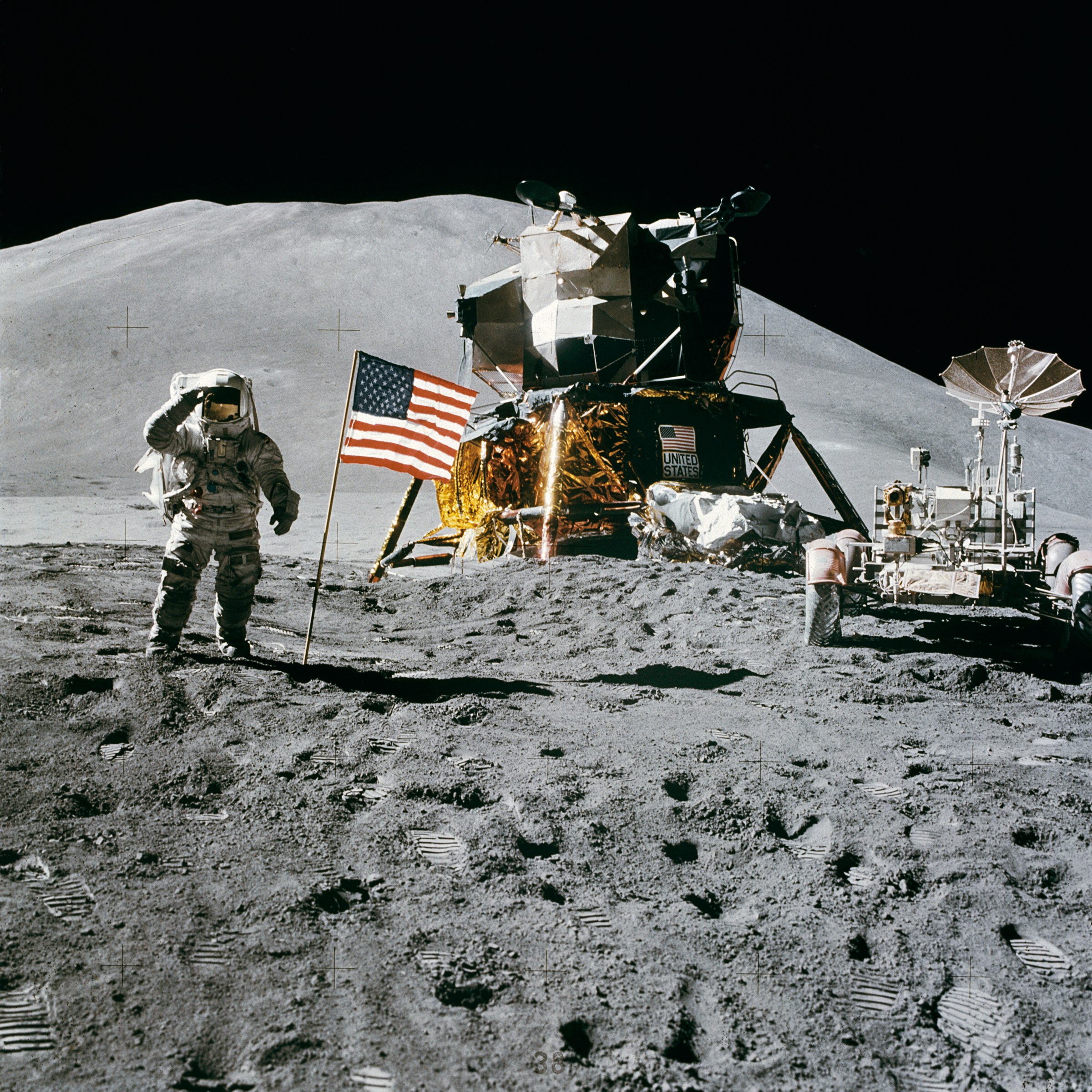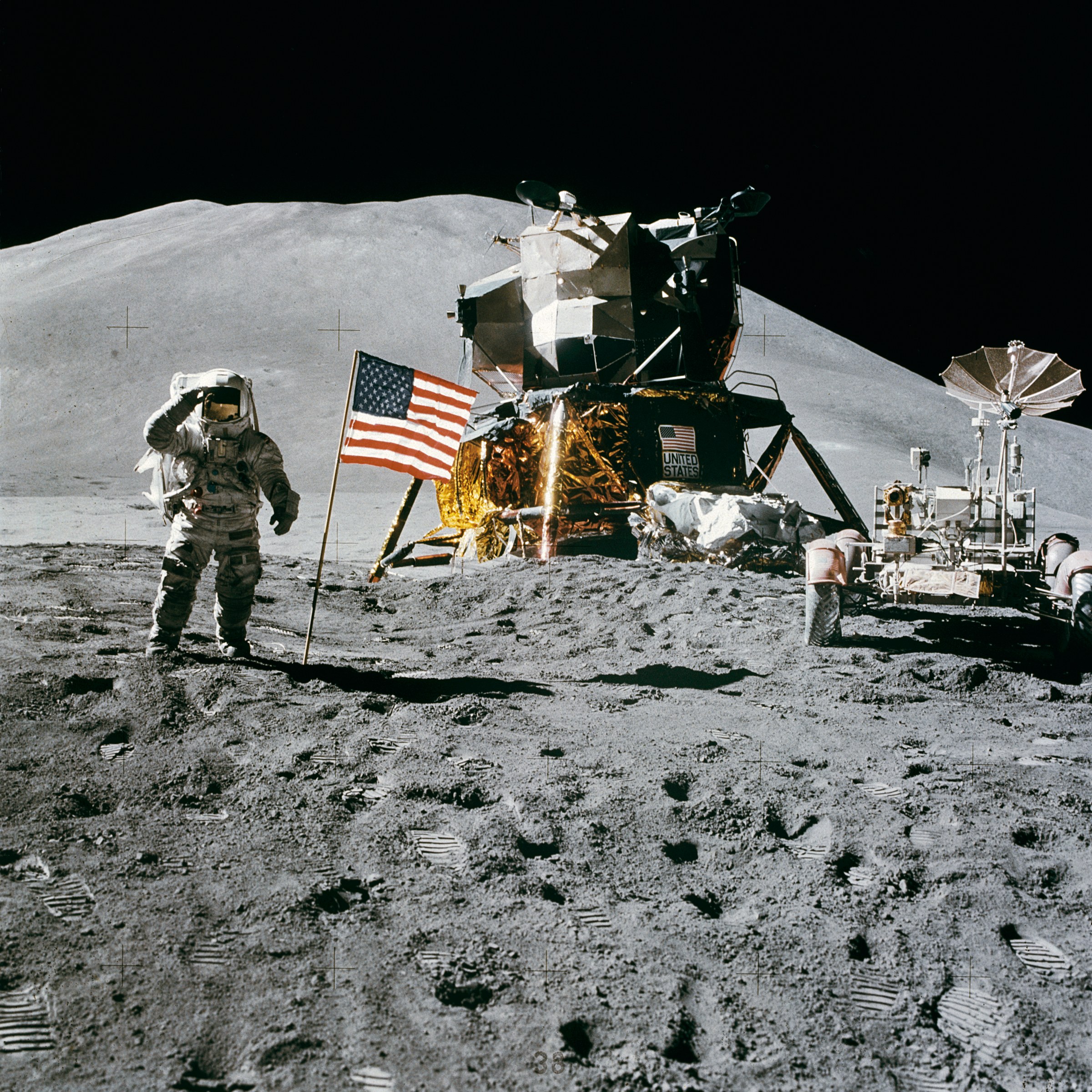When socialist dictators start comparing legitimate American anti-drug operations to failed military interventions at the United Nations, you know something’s working. Venezuela’s hysterical performance before the U.N. Security Council this week—desperately equating Trump’s Caribbean narcotics interdiction efforts to Iraq and Libya—reveals just how effectively America First policies are dismantling the Maduro regime’s criminal empire.
The optics alone tell the story. Nicolás Maduro, wanted by American authorities with a $15 million bounty on his head for narco-terrorism, couldn’t even show up to defend his own regime. Instead, he dispatched surrogates to make increasingly unhinged comparisons that only highlight Venezuela’s transformation from regional power to international pariah state.
This theatrical desperation masks a deeper strategic reality: American pressure is systematically destroying the financial and operational infrastructure that has turned Venezuela into the Western Hemisphere’s premier narco-state. The 1,042 targeted sanctions against Venezuela’s oil industry represent economic warfare at its finest—precise, devastating, and designed to cut off the revenue streams funding both socialist oppression and drug trafficking into American communities.
Unlike the nation-building disasters of previous administrations, Trump’s Caribbean anti-drug deployments demonstrate smart power projection. Operating in international waters with clear constitutional authority, American forces are protecting our borders and disrupting criminal networks without the massive ground commitments that characterized Iraq and Libya. Venezuela’s desperate attempt to invoke these failed interventions actually highlights the superior strategic thinking behind current operations.
The constitutional framework here couldn’t be clearer. Article IV, Section 4 guarantees federal protection against invasion—and make no mistake, narco-terrorism represents a clear and present danger to American sovereignty. When criminal regimes flood our communities with fentanyl and cocaine, targeted maritime interdiction isn’t aggression; it’s constitutional duty.
Venezuela’s appeal to U.N. Secretary-General António Guterres reveals the regime’s growing isolation. Traditional allies like Russia and China may offer rhetorical support, but they’re not willing to directly confront American naval power in the Caribbean. Maduro’s government finds itself increasingly alone, reduced to making public threats about “armed struggle” that expose weakness rather than project strength.
The economic implications extend far beyond Venezuela’s borders. As American sanctions systematically dismantle the regime’s oil revenue, other narco-states are taking notice. Colombia’s FARC remnants, Mexican cartels, and Central American trafficking networks all depend on Venezuelan infrastructure and financing. When that pipeline gets disrupted, the entire criminal ecosystem feels the pressure.
This represents exactly the kind of focused, intelligence-driven approach that maximizes American interests while minimizing exposure. Rather than attempting to rebuild failed states, we’re targeting the specific criminal activities that threaten American communities. It’s surgical rather than systemic, strategic rather than idealistic.
Venezuela’s U.N. tantrum also validates broader America First principles about international institutions. While globalist bureaucrats wring their hands about “multilateral cooperation,” American naval power is actually solving problems. The contrast couldn’t be starker: endless U.N. resolutions versus concrete results in Caribbean shipping lanes.
For patriots monitoring these developments, Venezuela’s increasingly desperate rhetoric signals the broader success of principled American strength. When your enemies are this panicked, you’re winning. The regime’s threats about defending against “invasion” ring hollow when they can’t even defend their own territorial waters from drug interdiction operations.
Looking forward, this Venezuelan meltdown establishes important precedents for dealing with other criminal regimes. Iran’s support for Hezbollah trafficking, North Korea’s methamphetamine exports, and Chinese fentanyl production all represent similar threats to American sovereignty. The Caribbean model—targeted, constitutional, and effective—offers a roadmap for protecting American interests without repeating past mistakes.
The beauty of this approach lies in its sustainability. Unlike costly occupations or nation-building fantasies, maritime interdiction operations can continue indefinitely, systematically degrading criminal networks while strengthening American deterrence. Venezuela’s U.N. hysteria only confirms we’re on the right track.





